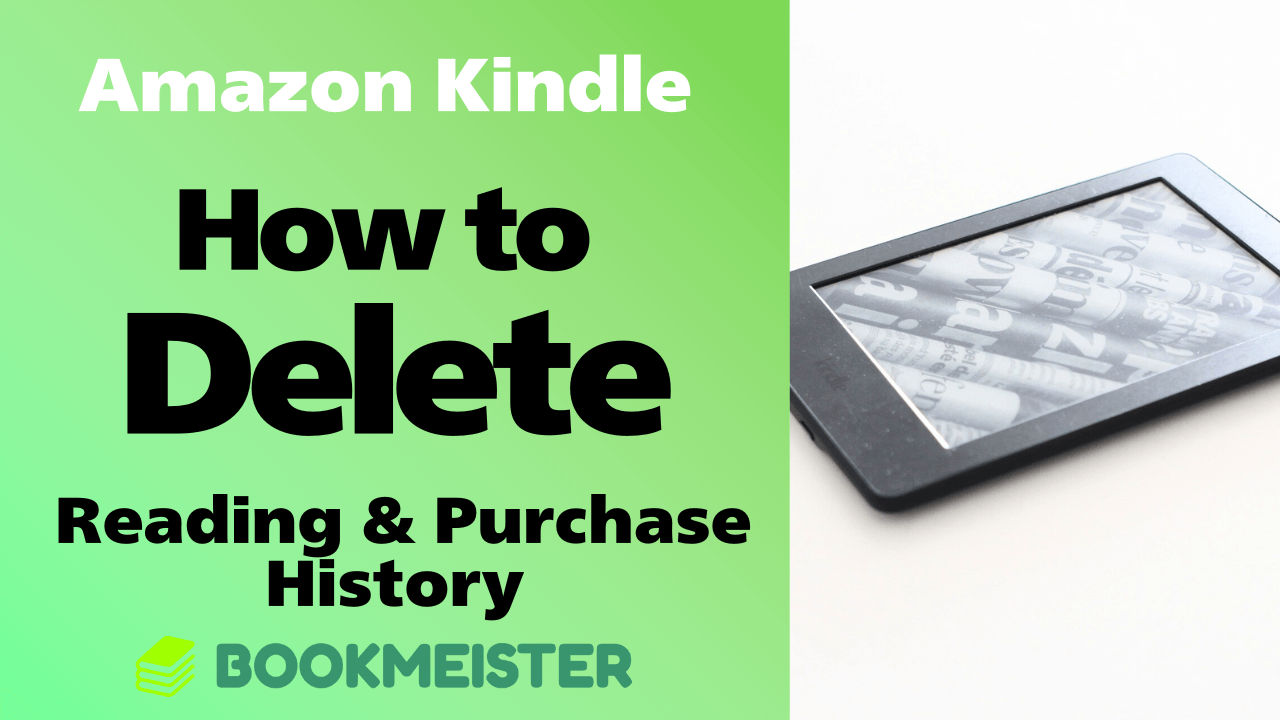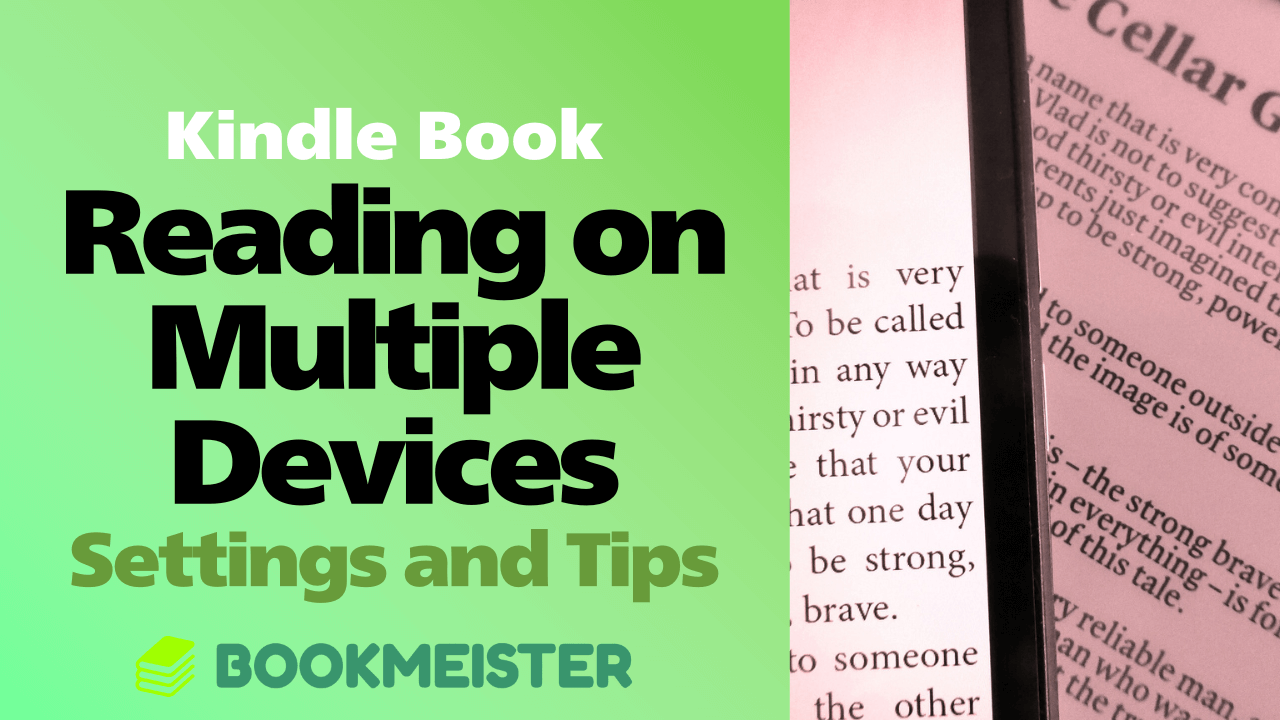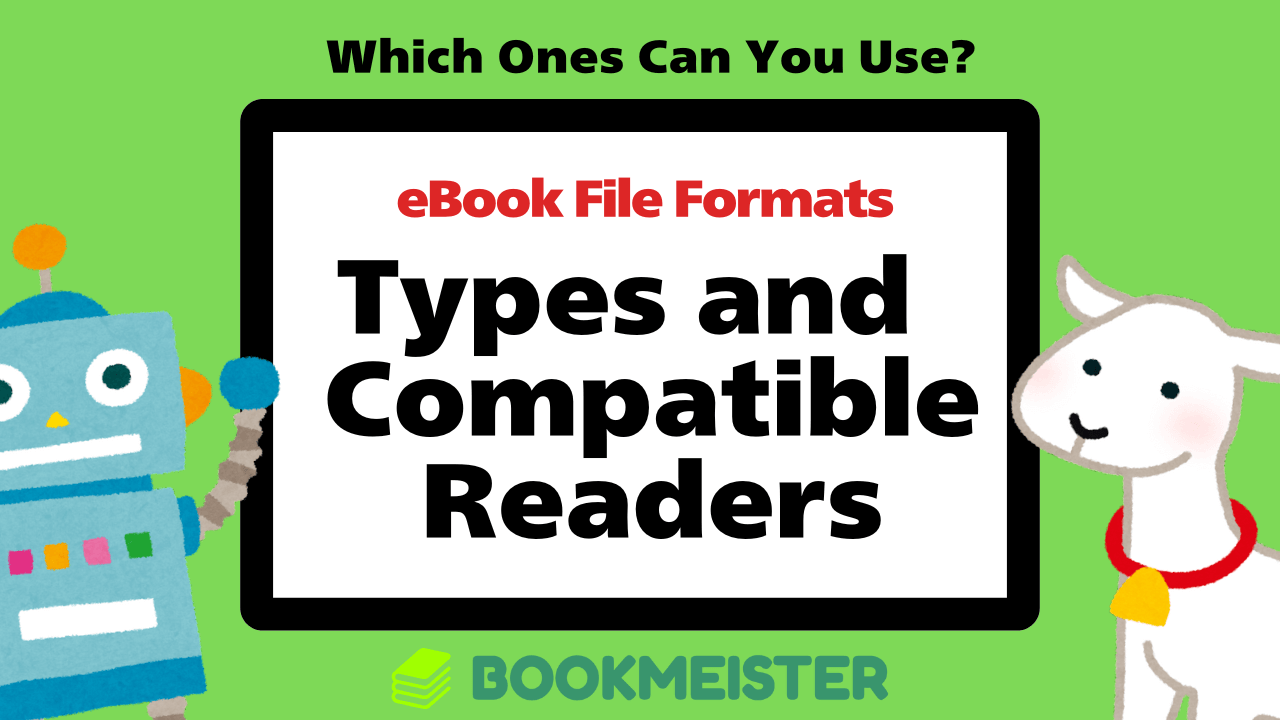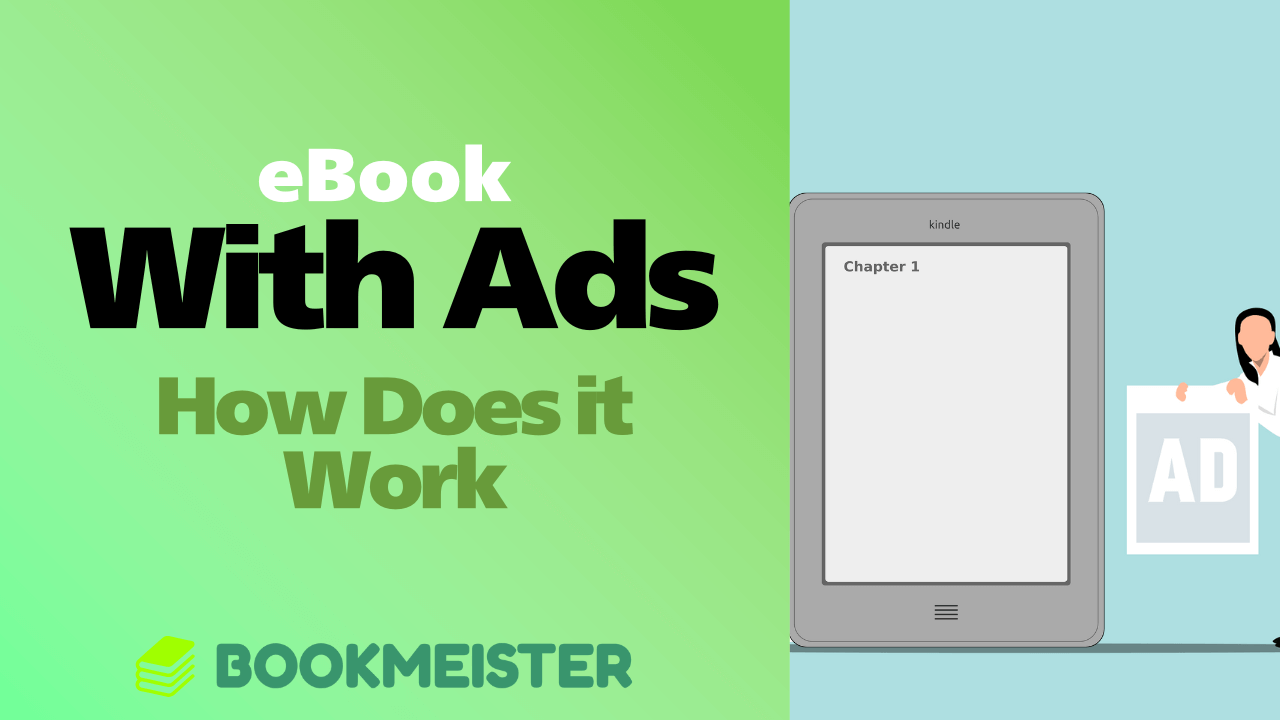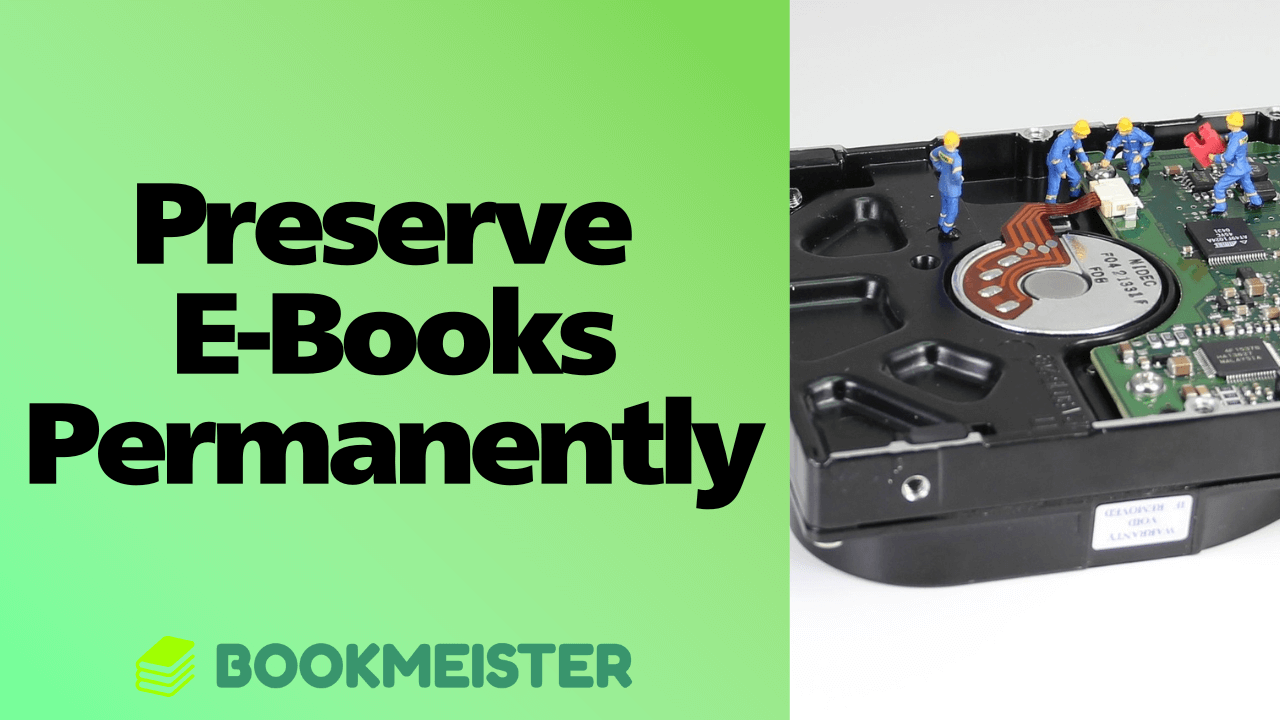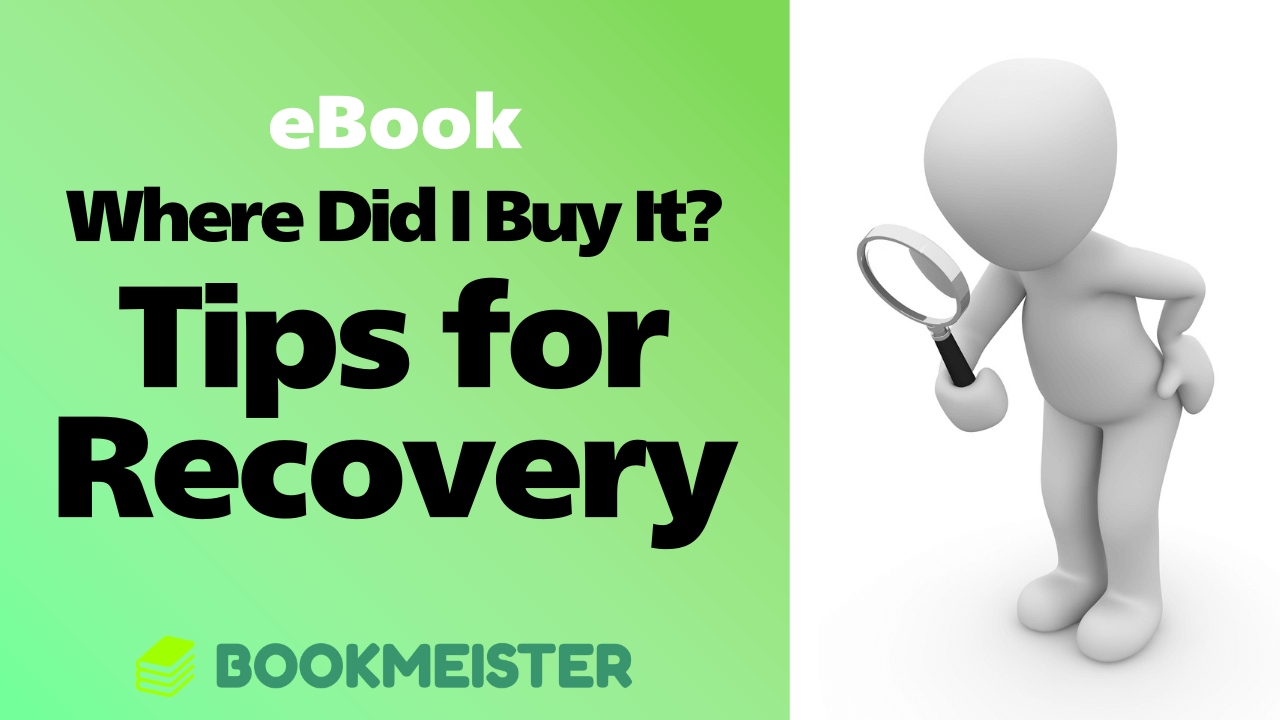Advantages of Physical Books
Instantly Read Anytime
The biggest advantage of physical books is the high accessibility—you can start reading immediately just by opening the book whenever you want.
When reading an e-book, you need to “turn on the device, log in, open the app, and then open the e-book,” which requires surprisingly many steps before you can start reading. In contrast, with a physical book, you can dive into reading instantly just by picking it up and opening it.
Another advantage is that, unlike smartphones or tablets, you don’t need to worry about running out of battery.
Easily Find Your Collection at a Glance
When your book collection grows, e-books can make it unexpectedly cumbersome to find the one you want. Search functions are convenient, but they cannot compete with the human eye’s ability to quickly spot the desired book on a bookshelf.
Ownership Rights
It is not widely known, but users do not actually own e-books. What you purchase is essentially “the right to access that e-book on the store.” If the e-book is withdrawn from the store or the store shuts down, you lose access to your purchased e-books.
On the other hand, physical books grant you ownership of the actual physical item. Even if the store where you purchased it closes down, you own the book permanently as long as you keep it.
High Resale Value
This is another major difference from e-books. Physical books can be resold through second-hand bookstores, auctions, or marketplace apps. E-books, which provide only reading rights, do not allow resale.
However, the resale value of physical books often depends on the title. Magazines and comics usually have low resale value unless they become rare collector’s items, while specialized books may sell for near their original price even years later.
For example, university entrance exam prep books such as “Akahon” can often be traded at high prices if they are from the last few years. Even though e-books are said to be cheaper, they are usually only 10–20% less expensive. For categories with higher resale value, it may be smarter to buy physical books, use them until they serve their purpose, and then resell them to fund your next purchase.
Disadvantages of Physical Books
Take Up Space
This is arguably the biggest disadvantage of physical books. Especially when a collection surpasses 1,000 volumes, it requires not only space but also the cost of purchasing shelves and other storage solutions.
Considering the rent or housing costs you pay, the space in your home is essentially a financial cost
Tags:
